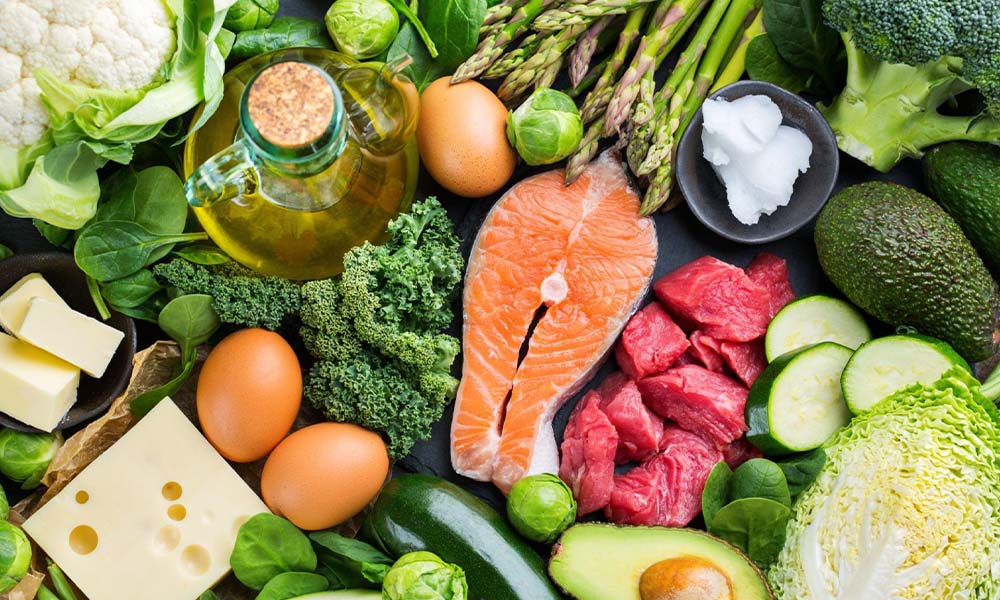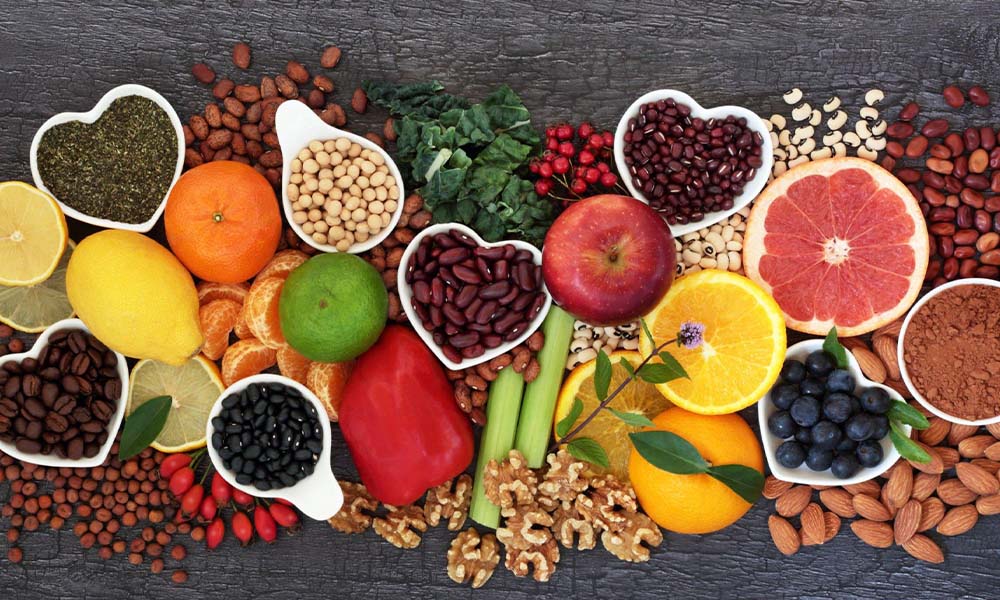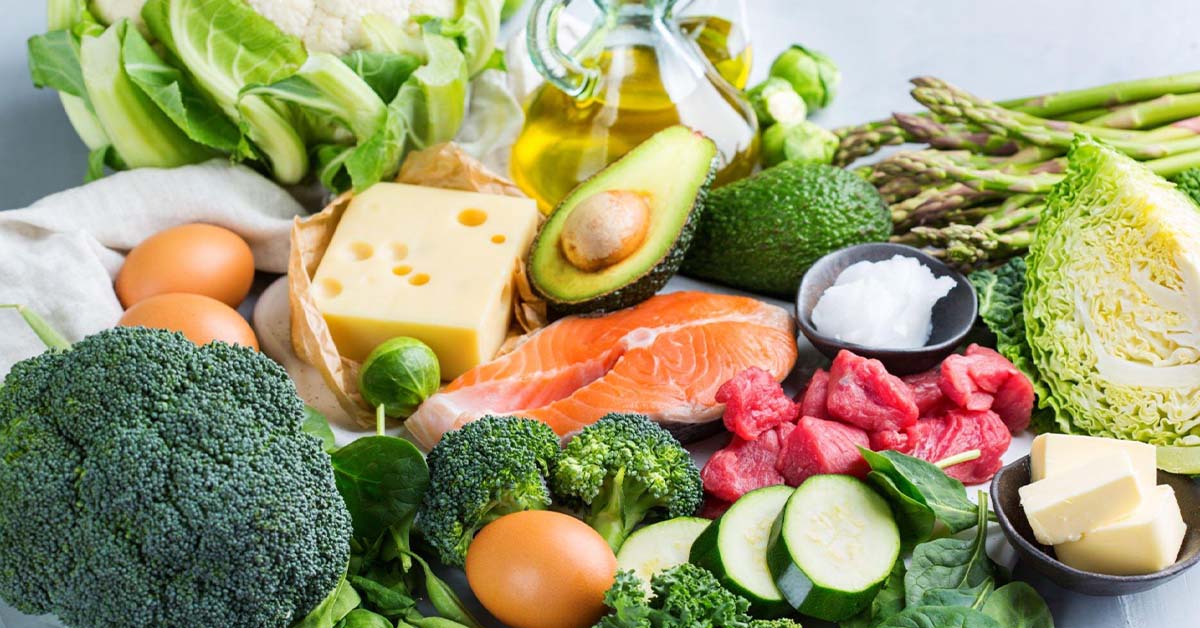Colonoscopy is a medical procedure that allows doctors to examine the inner lining of the large intestine (colon) and rectum. It is a crucial diagnostic tool used to detect and prevent colorectal cancer, as well as investigate various gastrointestinal conditions. During a colonoscopy, a flexible tube with a camera is inserted through the rectum to visualize the colon.
Colonoscopies are highly effective in detecting early signs of colon cancer, such as polyps or abnormal growths, which can be removed before they become cancerous. Regular screening through colonoscopies is recommended for individuals over the age of 50, or for those with a family history of colon cancer or related conditions.
Table of Contents
ToggleWhat is a low fiber diet?

A low fiber diet, as the name suggests, is a dietary approach that restricts the consumption of foods rich in dietary fiber. Dietary fiber refers to the non-digestible components of plant-based foods that provide numerous health benefits. However, before a colonoscopy, a low fiber diet is necessary to ensure a clear and unobstructed view of the colon.
Why is a low fiber diet necessary before a colonoscopy?
A low fiber diet is necessary before a colonoscopy to adequately prepare the colon for the procedure. When the colon is free from food particles and residue, it becomes easier for doctors to visualize the inner lining and identify any abnormalities. A low fiber diet helps to reduce stool volume and frequency, allowing the colon to be effectively cleansed.
High-fiber foods, such as fruits, vegetables, whole grains, and legumes, can leave residue in the colon that may obstruct the view during a colonoscopy. By following a low fiber diet, patients can minimize the presence of residue and ensure a successful examination.
The science behind a low fiber diet before a colonoscopy
The science behind a low fiber diet before a colonoscopy lies in its impact on stool consistency and transit time. Fiber adds bulk to the stool and promotes regular bowel movements. However, in the context of a colonoscopy, this can hinder the effectiveness of the procedure.
A low fiber diet consists of easily digestible foods that produce less stool volume. This helps to clear the colon and improve visibility during the examination. By reducing fiber intake, patients experience a decrease in stool frequency and achieve a more thorough cleansing of the colon.
Benefits of a low fiber diet before a colonoscopy
Following a low fiber diet before a colonoscopy offers several benefits. Firstly, it allows for a clearer view of the colon, which increases the accuracy of the examination. This is crucial for detecting any abnormal growths or polyps that may require further investigation or treatment.
Secondly, a low fiber diet helps to minimize discomfort during the colonoscopy. With reduced stool volume and frequency, patients experience less bloating, cramping, and urgency to empty their bowels.
Lastly, a low fiber diet ensures that the colon is adequately prepared, reducing the need for repeat procedures. When the colon is thoroughly cleansed, the chances of missing any abnormalities are significantly reduced.
Foods to avoid on a low fiber diet

When following a low fiber diet before a colonoscopy, it is important to avoid certain foods that are high in fiber. Some examples of foods to avoid include:
- Whole grains and whole grain products, such as whole wheat bread, brown rice, and quinoa.
- Fruits with skin or seeds, such as apples, berries, and figs.
- Vegetables with skins, such as broccoli, Brussels sprouts, and corn.
- Legumes, including beans, lentils, and chickpeas.
- Nuts and seeds, such as almonds, chia seeds, and flaxseeds.
- Raw or dried fruits, including raisins, prunes, and dates.
- High fiber cereals and granola bars.
It is important to consult with a healthcare professional or a registered dietitian for a comprehensive list of foods to avoid on a low fiber diet.
Sample low fiber diet menu for colonoscopy preparation
Here is a sample low fiber diet menu that can be followed before a colonoscopy:
Breakfast:
- Scrambled eggs
- White toast
- Low-fat yogurt
Lunch:
- Grilled chicken breast
- White rice
- Cooked carrots
Snack:
- Saltine crackers
- Low-fat cheese
Dinner:
- Baked fish
- Mashed potatoes
- Steamed green beans
Dessert:
- Gelatin
Remember to avoid any high fiber foods, including whole grains, fruits with skin, and raw vegetables.
Tips for following a low fiber diet before a colonoscopy
- Stay hydrated by drinking plenty of clear fluids, such as water, herbal tea, and clear broths.
- Avoid foods with seeds, nuts, or skins, as they can cause discomfort or interfere with the colonoscopy.
- Opt for refined grains, such as white bread and white rice, instead of whole grains.
- Choose lean protein sources, such as poultry, fish, and tofu.
- Cook vegetables thoroughly to soften them and remove any skins.
- Limit the consumption of dairy products and opt for low-fat options.
- Avoid carbonated beverages, as they can cause gas and discomfort.
Potential risks and complications of not following a low fiber diet
Not following a low fiber diet before a colonoscopy can have potential risks and complications. The presence of residual fiber in the colon can obstruct the view during the examination, making it difficult to detect abnormalities. This may result in missed diagnoses or the need for repeat procedures.
Additionally, failing to adhere to a low fiber diet can lead to inadequate bowel preparation, which can cause discomfort and increase the risk of complications during the colonoscopy. It is essential to follow the dietary guidelines provided by your healthcare provider to ensure a successful and accurate examination.
Frequency Asked Questions
Why is it necessary to follow a low fiber diet before a colonoscopy?
A low fiber diet is essential before a colonoscopy because it helps to clear the colon of any residual food particles and waste, ensuring a clearer view for the procedure.
What is the science behind the low fiber diet?
The low fiber diet reduces the bulk in the colon, minimizing the risk of stool residue obstructing the view during a colonoscopy. It also helps prevent complications during the procedure.
Can you eat any fiber at all before a colonoscopy?
Typically, you should avoid high-fiber foods like whole grains, fruits, and vegetables. However, some low-fiber options may be allowed. Your healthcare provider will provide specific dietary guidelines.
How long before the colonoscopy should I start the low fiber diet?
You will typically start the low fiber diet a few days before the colonoscopy. Your doctor will provide you with a specific timeline and instructions based on your individual case.
Can I drink clear liquids during the low fiber diet preparation?
Yes, clear liquids are usually allowed during the low fiber diet. It’s essential to stay hydrated and maintain electrolyte balance. However, avoid colored or red liquids.
Are there any risks associated with not following the low fiber diet instructions?
Yes, not adhering to the low fiber diet instructions can lead to a less effective colonoscopy, increased risk of complications, or the need for a repeat procedure.
What should I eat to break the low fiber diet after the colonoscopy?
After the colonoscopy, you’ll start with easily digestible, bland foods like soup, crackers, and plain rice. Your healthcare provider will guide you on gradually reintroducing your regular diet.
Conclusion
In conclusion, a low fiber diet before a colonoscopy plays a crucial role in ensuring a successful and accurate examination. By reducing fiber intake, the colon is effectively cleared of residue, allowing for improved visibility and detection of abnormalities. Following a low fiber diet offers numerous benefits, including a clearer view of the colon, reduced discomfort, and a decreased likelihood of repeat procedures.
It is important to consult with your healthcare provider or a registered dietitian for specific dietary recommendations before a colonoscopy. By adhering to a low fiber diet and following the provided guidelines, you can help ensure a successful colonoscopy and promote your overall gastrointestinal health.
CTA: Schedule your colonoscopy today to prioritize your health and detect potential colon abnormalities early. Don’t wait unt


